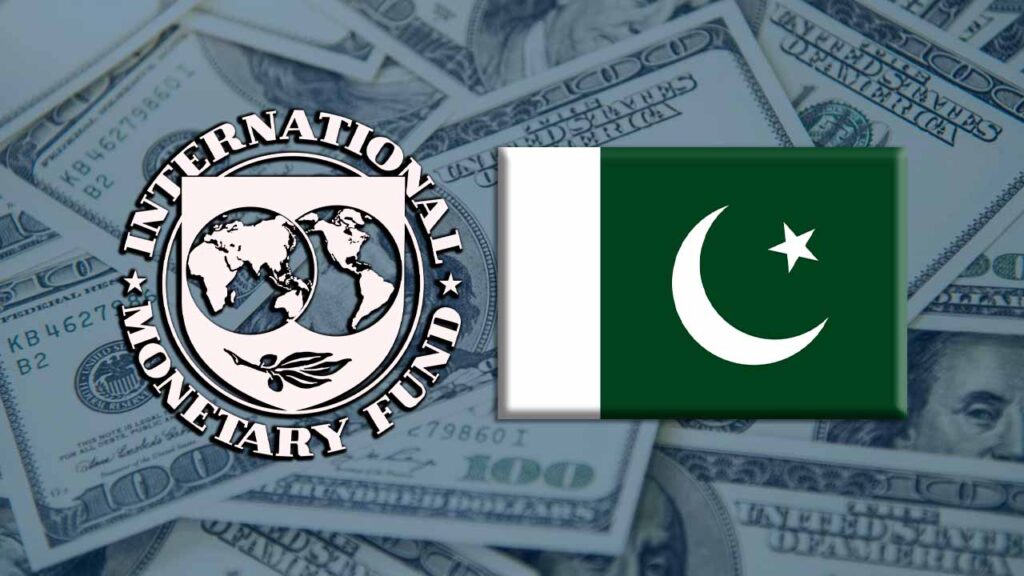The International Monetary Fund (IMF) has lauded Pakistan’s economic performance under its $7 billion Extended Fund Facility, stating that the country has made strong progress in stabilising its economy. The IMF completed the first review, unlocking around $1 billion in funding, and simultaneously approved a climate resilience program under the new Resilience and Sustainability Facility worth $1.3 billion.
Macroeconomic Stabilisation Marked by Fiscal Discipline
Authorities have successfully implemented fiscal consolidation by controlling current expenditures and expanding the tax base including agricultural income tax reforms resulting in a primary budget surplus. The IMF also noted inflation has dropped to its lowest level since 2015, bolstering economic stability and public confidence.
Inflation and Interest Rate Management
The IMF highlighted that headline inflation has eased significantly, while core inflation remains moderate. It recommended that Pakistan continue data-driven monetary tightening, maintain a market-based exchange rate, and strengthen external reserves to bolster long-term stability.
Climate Resilience Financing Gains Momentum
Pakistan emerged as the first country in the region to access climate financing under the IMF’s Resilience and Sustainability Facility (RSF). The approved $1.3 billion RSF funding will support climate-adaptive infrastructure, including better water management, disaster preparedness, coordination between federal and provincial entities, and integration of private sector participation in green investment.
Structural Reforms and Future Growth Outlook
The IMF commended Pakistan for improving its economic governance, including structural reforms targeting state-owned enterprises, trade policies, and labour market dynamics. Pakistan is also preparing to request a further $1 billion in RSF funding, aimed at leveraging public investment efficiency and climate adaptation to support sustainable growth.
External Financing and Reserve Accumulation
International backing including climate and economic loans alongside remittance inflows and prudent foreign exchange management, have helped Pakistan rebuild external buffers. The IMF reaffirmed its view that the continued inflows and reforms keep Pakistan on track for ongoing economic recovery.
Continued Vigilance and Reform Needed
Despite positive signs, the IMF cautioned that global uncertainties, geopolitical risks, and protectionist trends could challenge progress. It urged Pakistan to maintain its reform momentum across fiscal, climate, and structural areas to safeguard gains and build resilience.



Comments (0)
No comments yet. Be the first to comment!
Leave a Comment